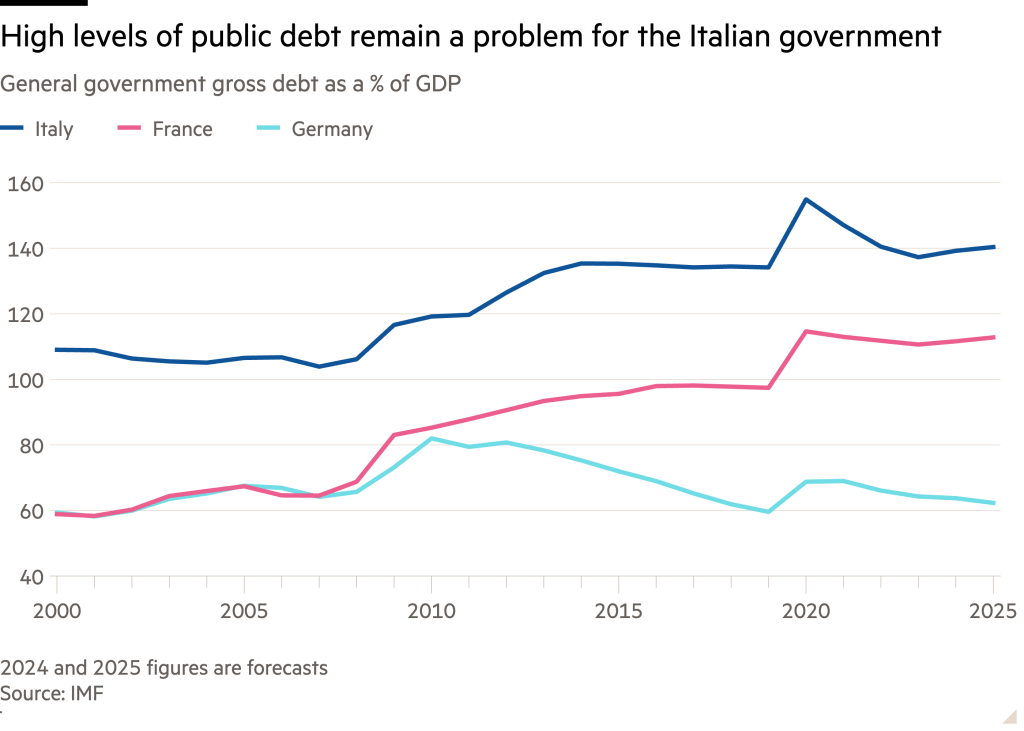Italy's Tourist Tax Increase and the Future of Overtourism
Italy plans to raise tourist taxes to combat overtourism, prompting debate on balancing revenue needs and traveler experiences in its iconic cities.

Key Points
- The Italian government is proposing a significant increase in tourist taxes, potentially reaching €25 per night for luxury accommodations, to address overtourism and support cities financially.
- Opposition from the hospitality sector highlights concerns that higher taxes may discourage tourists amidst fierce competition from other European destinations.
- While the tax aims to ensure responsible tourism, there is a growing sentiment among residents that increased fees could help manage tourism's impact on local life and infrastructure.
Italy, an emblem of culture, history, and breathtaking landscapes, has become a focal point for travelers around the globe. However, this surge in tourism is accompanied by significant challenges, primarily the pressing issue of overtourism. In a bold move to address these concerns, the Italian government is contemplating a substantial increase in tourist taxes, which could reach as high as €25 per night for luxury accommodations. This initiative has stirred considerable debate within the tourism sector, highlighting the need for sustainable solutions that can cater to both the economy and local communities.
The proposed tax hike aims to assist cities grappling with financial difficulties and the repercussions of excessive tourism. Currently, taxes on overnight stays across Italy range from €1 to €5 per person, depending on the type of accommodation. However, the draft legislation suggests escalating fees based on hotel rates: €5 for rooms under €100, €10 for rooms between €100 and €400, €15 for those priced at €400-€750, and an eye-watering €25 for accommodations exceeding €750 a night. As the tourism minister,
, states, “In times of over-tourism, we are debating this so that it really helps improve services and make tourists who pay it more responsible”.

While the government positions this tax as a necessary step to promote responsible tourism and bolster funding for public services, significant pushback has emerged from the hospitality sector. Industry leaders, such as
, representing small and medium-sized hotels, express concern that these measures could stifle growth rather than spur it. “The common objective must be to support growth, not slow it down”, they assert, emphasizing the need for balance rather than barriers.
Moreover, analysts point to the fierce competition Italy faces from other European destinations. With many tourists seeking affordable travel options, there is a palpable risk that excessive taxation might drive them towards more competitively priced locales like Spain or Greece. Barbara Casillo, head of Confindustria Alberghi, warned, “If we scare travelers who come to us by giving the impression that we want to take what we can, we are not doing a good service to the country”.
 Venice
Venice, Italy">
The fiscal aspect of this proposal is not just about raising funds but also about curbing the impacts of overtourism. For many Italian cities, such as Venice, the excessive flow of tourists impacts local life, eroding the very cultural fabric that draws visitors in the first place. Recent statistics reveal that approximately 65 million tourists are expected to arrive in Italy this year, matching pre-pandemic levels. This rising number necessitates a dialogue that includes both tourism revenue and the quality of life for residents.
Interestingly, there is also a sentiment among local residents that increased charges may be the only way to safeguard their cities from excessive disruption. Eike Schmidt, former director of Florence’s
, noted the significance of tourist contributions to maintain urban infrastructure: “Tourism strains the nature and the entire infrastructure of the city”. This statement highlights a growing recognition that sustainability does not merely lie within the tourism sector but is a broader community issue as well.
As the Italian government prepares to discuss these changes, the situation calls for a collective approach from all stakeholders—government, industry, and local communities. The challenge lies not only in raising revenue but in fostering a visitor experience that respects and enhances the destinations they explore.
Ultimately, Italy stands at a crossroads of opportunity and challenge. With its rich tapestry of heritage and natural beauty, striking the right balance in tourism management will not only support local economies but also ensure that the character of its storied cities endures for generations to come. The proposed tourist tax is a step in the right direction—if approached thoughtfully and with careful consideration.


